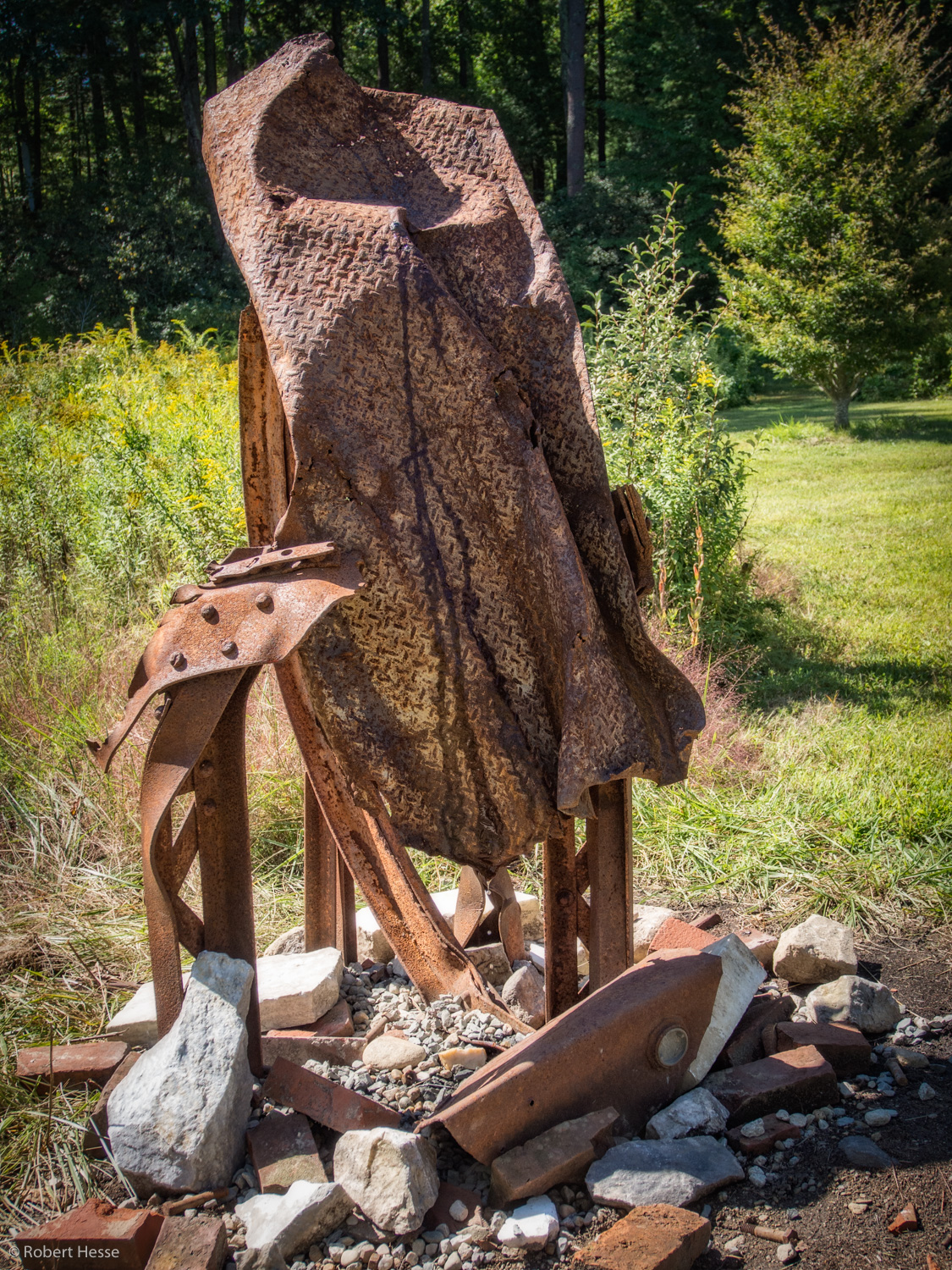Our farmhouse is in Harvard, but many people don’t know that our apple orchard is in Boxborough. We were recently told by a neighbor about a proposed zoning overlay district in Boxborough that would change the zoning of our farm as well as adversely affect our neighbors in Harvard, Boxborough and surrounding towns.
The proposed overlay district comprises 371 acres and will enable the Lincoln Property Company to build four warehouses, 1,020,000 square feet. These four giant ‘cubes’ would cover twenty-three acres of formerly forested land within several thousand feet of our property.
Elizabeth Brook feeds the large wetlands area that flows around our orchard, and into the 500+ acres of Delaney Conservation area. In the last two weeks we have had two sightings of a bald eagle flying over the orchard and Elizabeth Brook wetlands. This proposed development would massively disturb this fragile ecosystem and threaten the aquifer that feeds our wells.
Great Blue Returned on the Spring Equinox
Many of you who have been reading my blog know of the struggle I have faced in growing organic apples over the last few years. Climate change is one factor, but I recently learned of another issue when I attended the Holistic Apple Grower’s Meeting in Western Massachusetts earlier this year. A new fungus, Marssonina Leaf Blotch, causes apple leaf defoliation in apples when a fungicide is not sprayed throughout the growing season. Arriving in this country from Asia, it first appeared in the western part of the country, defoliating thousands of acres of aspens in Utah, but is now in New England. Orchards spray fungicides for scab, the fungal disease most serious for apple growers in New England where the summer weather is often warm and wet. Organic growers have less choice in sprays to control this disease, so I made the hard decision a year ago to remove our Macintosh trees, known to growers as scab magnets. Right after the trees came down, friends joined me to graft one hundred rootstocks with scab resistant apples. These one-year-old saplings grew well in our hoop house for the year and are ready to be planted.
The disappearance of the gnarly Macintosh trees in the first few rows of the orchard caused neighbors to wonder if we were cutting down the entire orchard. I assured people we were not giving up. I have shared my lessons and strivings in growing organic apples, but none-the-less have continued to remain faithful to the trees and the land that have nourished me since I moved here in 2001.
Giving up on the earth, our government, or any issue that is challenging doesn’t solve anything. We have to do the work and stand by our convictions. Liberty Property Company’s build might take ten years, and who is to say that in twenty years, these warehouses won’t be obsolete as everything will be drop-shipped. Tax revenue is an important consideration for all of our communities, but in preserving our towns’ rural nature, its conservation lands, farmland, wildlife, clean water and night sky we make sure that our town remains a desirable place to live and that our property values stay high. Warehouses will not serve the local community, and in fact will cause a serious disruption to our way of life.
Many Boxborough residents heard for the first time about the proposed changes to their bylaw only recently. It seems that there has been a quiet, but legal effort to slip this bylaw change through Town Meeting by highlighting the ‘gifts’ to the town, but not mentioning the warehouses. If you know anyone in Boxborough, please make sure they know about this change in their bylaws coming up for a vote at Town Meeting in May.
I look at the wetlands and the orchard now with a new set of eyes. The runoff into the wetlands might mean we can no longer irrigate. Boxborough neighbors say that with the twenty-acre solar panel array, phase one of Liberty Realty’s development plans, they hear Route 495 in their homes even with the windows closed. More traffic sound reflecting off twenty-three acres of roofs will certainly eclipse the twangs of red-winged blackbirds, chirps of robins and bluebirds, honks of geese, and squawks of herons. And it will be impossible to hear the apple trees. “They can speak, trees . . .” says the 14th century poet, Hafiz in his poem, An Apple Tree Was Concerned.
An apple tree was concerned
about a late frost and losing its gifts
that would help feed a poor family close by.
Can't the clouds be generous with what falls from them?
Can't the sun ration itself with precision?
They can speak, trees,
they can say the sweetest things
but it takes special ears to hear them,
ears that have listened to people
with great care.
My daughter, Ariel, picking Honey Crisp Apples in 2017
We face choices everyday about how we use the earth’s limited resources.
Let us choose wisely.




